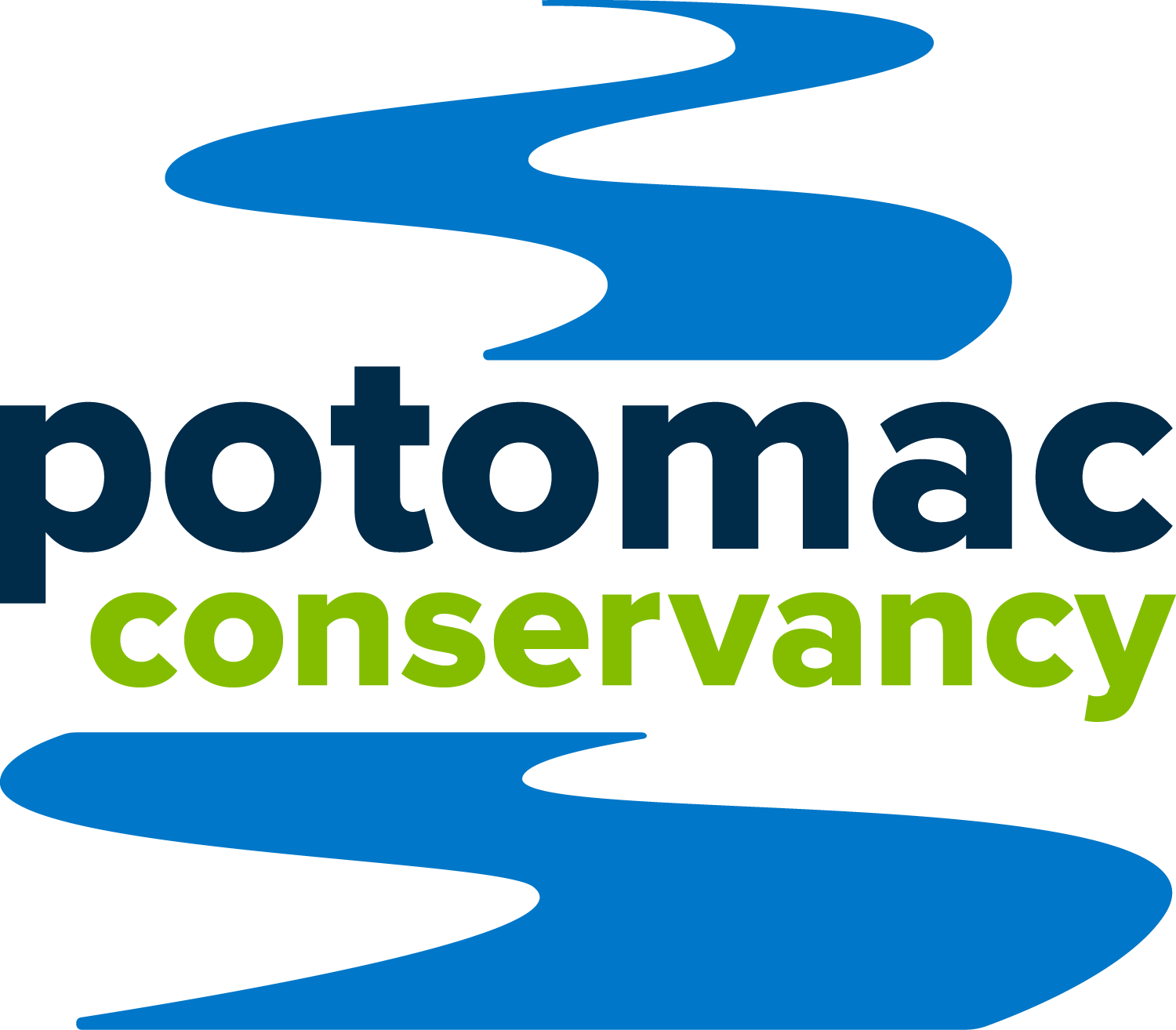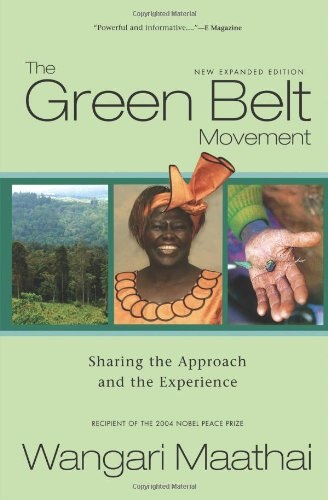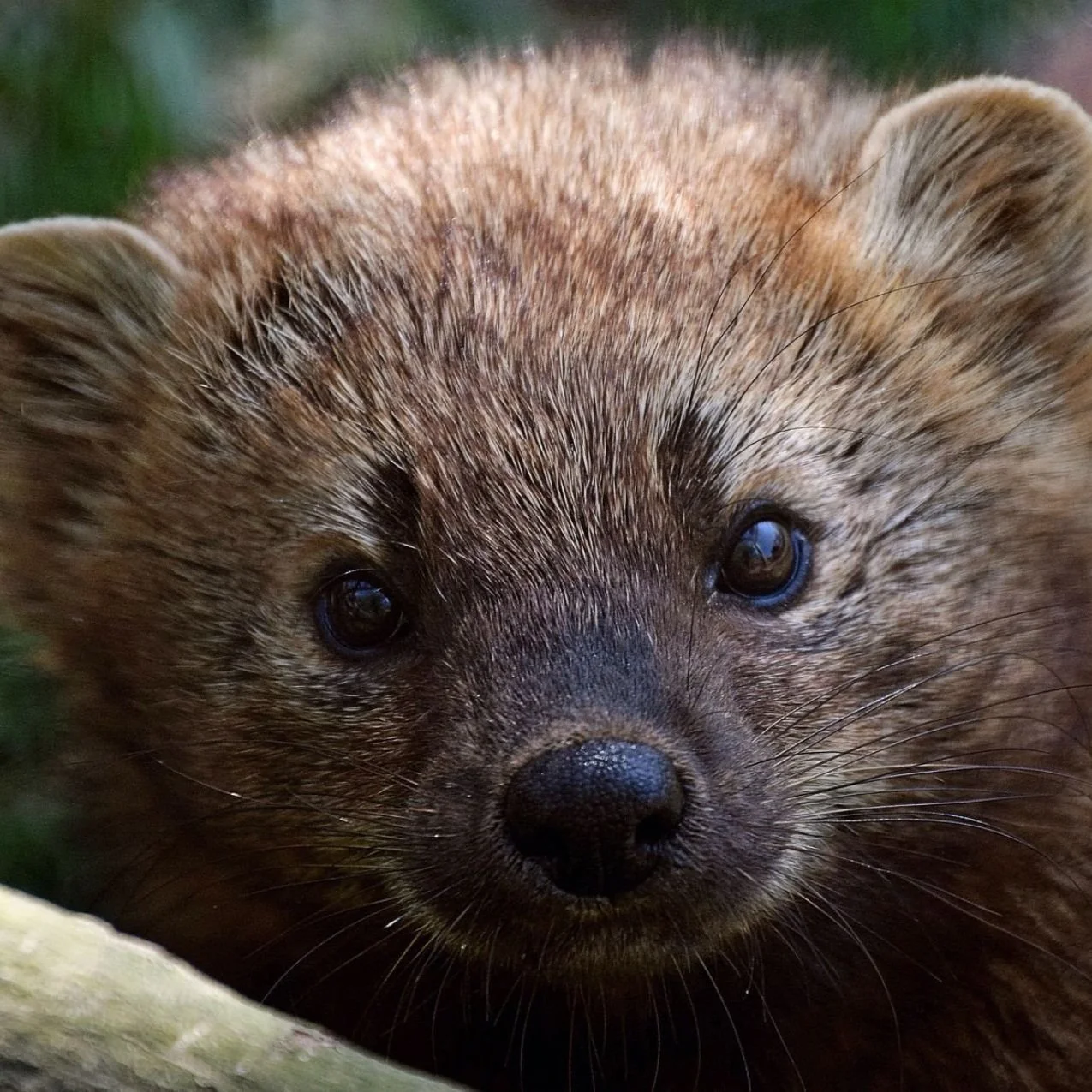Staff picks: 4 books that will strengthen your relationship with nature
/You don’t always need to be outside to connect to our local environment
We know you love outdoor activities, but there are just some days where you might not be able to muster the energy to go for a hike or kayak down the river. Maybe you’re getting over a cold, or simply had a looooong week. We get it.
Don’t worry. You can still connect to the great outdoors through these four ‘green’ books our staff recommends.
We guarantee you’ll learn something new and have the opportunity to reflect on your relationship with the environment. And if it’s a nice day, take one of these books outside and find a relaxing place to read. You’ll be glad you did!
The Green Belt Movement: Sharing the Approach and the Experience
by Wangari Maathai
Read this book if you want to learn about international challenges in conversation and feel empowered to make a change in your community.
In 2004, after successfully organizing a grassroots campaign to plant more than 20 million trees across Africa, Wangari Maathai became the first environmentalist, and the first black African woman to win a Nobel Peace Prize.
The Green Belt Movement describes Maathai’s journey to save her home from the devastating effects of poverty and deforestation. During her role as chairwoman of the National Council of Women of Kenya, Maathai introduced the concept of planting trees by training local women-based groups to act as citizen foresters. As a result of this project, local women, who were previously travelling further and further to collect firewood from deforested areas, had more time to be productive, earn income, and invest in educational opportunities.
Maathai’s movement brilliantly bridges the link between conservation and an enhanced quality of life.
The Adventure Gap: Changing the Face of the Outdoors
by James Mills
Read this book if you want to be inspired to overcome challenges and learn more about the increasing problem of access to the outdoors.
In The Adventure Gap, James Mills recounts his journey to summit the Denali Mountains, the highest peak in North America, with his team of all-African American climbers. Along the journey, Mills discusses the lack of representation in the environmental movement and the importance of “bridging the adventure gap” to create more inclusive spaces that feel welcome to all.
Mills’ story feels triumphant and relatable. He reminds us that nature is the missing piece that can enrich our lives and connect our experiences.
Black Faces, White Spaces: Reimagining the Relationship of African Americans to the Great Outdoors
by Carolyn Finney
This is a must-read for history lovers and anyone interested in learning about the beginnings of the environmental justice movement.
Continuing the theme of representation in the outdoors, we present this best-selling book from professor and author, Carolyn Finney. In Black Spaces, White Faces, Finney examines how the complex intersections of race and the environment have shaped the outdoor experience for black Americans. From the establishment of the Wilderness Act of 1964, to the aftermath of Hurricane Katrina, Finney draws heavily upon past and present day experiences to depict how the legacy of racial injustices in our country have impacted our unique cultural understanding and relationship to the nature.
Silent Spring
by Rachel Carson
Read this book if you have a limited background in environmental science and want to gain a more developed understanding of pollution of natural resources.
Rachel Carson is credited as one of the early pioneers of the environmental movement. In Silent Spring, Carson alerts the audience to the harmful effects of fertilizers and pesticides on the environment. While Silent Spring was initially criticized by the chemical industry, Carson’s work later went on to influence government policy, with each of the listed chemicals being banned or severely limited in the United States shortly after her book was published.
Carson was one of the first women to publicly advocate for the protection of natural resources. Local lands and waterways like the Potomac River have benefited immensely from Carson’s ground-breaking research on the damaging impacts of pollution.
We hope you feel inspired to grab a new book and learn a bit more about your local environment. When you’re feeling re-energized, we’d love for you to join us at one of our volunteer cleanup events!
Love the Potomac River and the outdoors?
Get local FREE river news delivered to your inbox.
100% Privacy. We don’t spam.


















